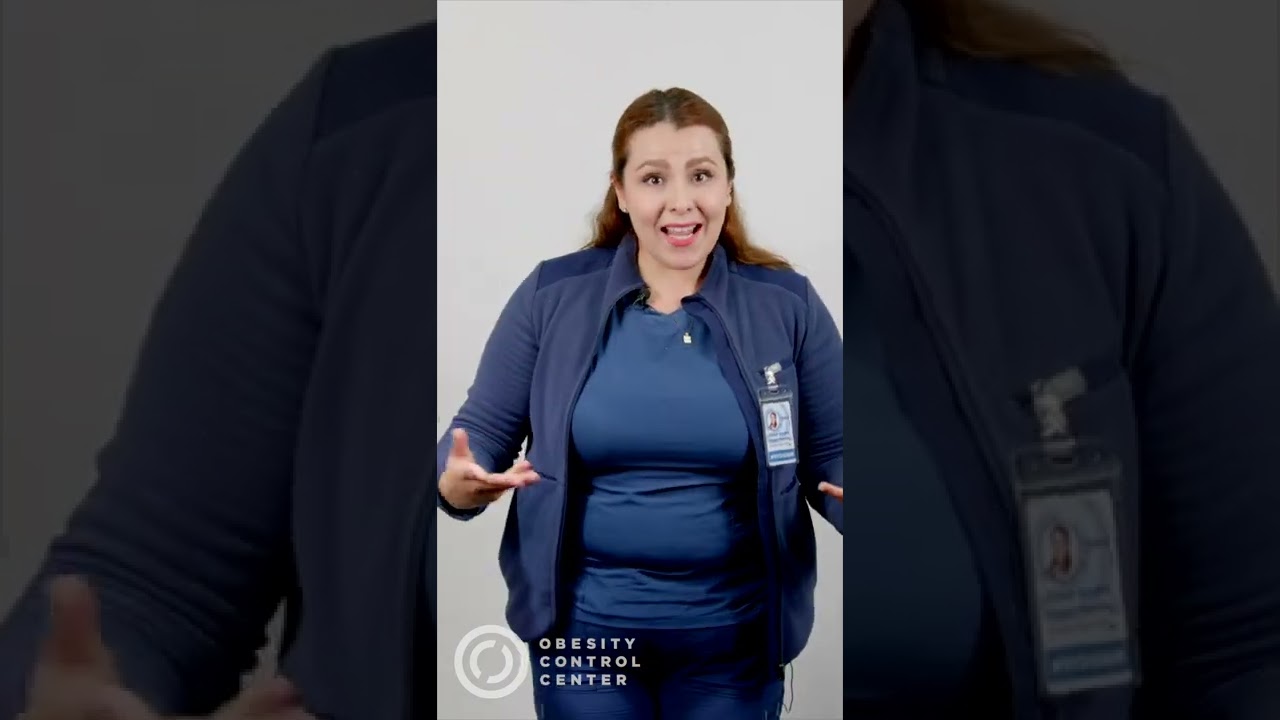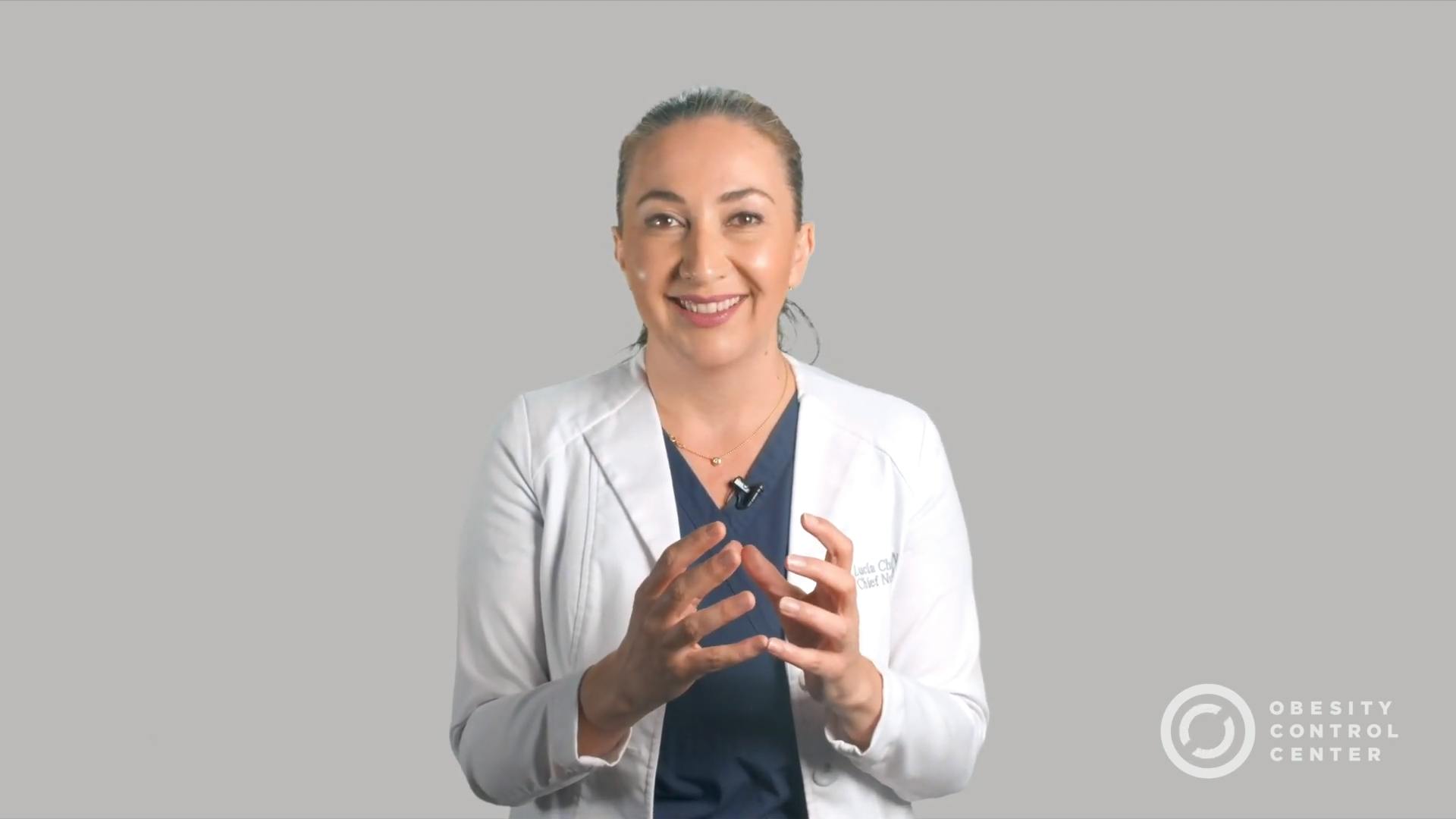
Weight loss management after surgery: We take it to the next level.
With over 26,000 operations performed and countless innovations, we have perfected the management of weight loss that comes after bariatric surgery.
There are several phases of weight management. Each step has its objectives and specific recommendations. It is best to focus on each stage as you progress into weight stabilization. 42-47

Phases of post-op nutritional support
In each phase, we provide you with food and supplement criteria as well as lifestyle and dietary behavior recommendations.
Learn More About Post-Op Care From Our Team (*42-43)
Nutrition and chronic diseases
Nutrition is a known factor contributing to chronic disease. The alterations in diet after surgery will have strong positive effects on your health throughout every phase of your life. At OCC, we are committed to reversing chronic conditions related to diet. We work with you to implement dietary changes in a step-by-step approach that will profoundly influence your wellbeing. 44-47
Obesity Control Center: Nutrition and support for life
Your success is our success. Hence, once an OCC patient, always an OCC patient. You’re a member of the #OCCFamily for life.

Keep in mind that bariatric surgical procedures are considered both weight-loss and metabolic surgeries. They not only lead to significant weight loss but also influence diseases caused by obesity. Some patients may resolve their diabetes before losing weight. Other patients may lose weight immediately upon surgery before showing some degree of diabetes resolution. In either case, the outcomes are both positive. 19-21
Nutritional support for long-term success in weight loss.
While each person may have different health objectives, the OCC’s nutritional intervention is not limited to helping the patient meet weight-loss goals. Dietary supplementation can maximize the overall health results for long-term success. The weight-loss journey is a healing process. Nutrition is coming to the forefront as the fundamental way to heal the body. 44-47
A comprehensive evidence-based medicine and nutrition therapy program
The lessons learned from our patients’ journeys, our own experience as health providers, and our expertise in evidence-based medicine and nutrition therapies have been put together into the OCC comprehensive medical and nutritional education program. 44-47
Weight Loss Program
Our five-year follow-up program at OCC
From the moment you become our patient, you will have access to the OCC program, before and after surgery. It is a five-year-long program which includes online videos, support groups, individualized email coaching, phone consults, follow-up assessments, etc. We help and support our patients for as long as they need our expertise. Your success is our success. Hence, once an OCC patient, always an OCC patient. You’re a member of the #OCCFamily for life.















